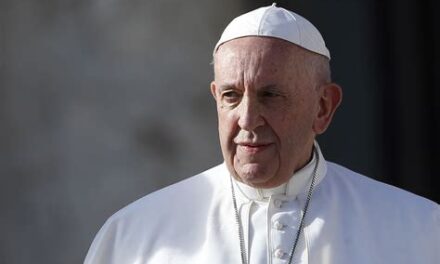That Catholic king was Francis I who in the 16th century openly sided with Suleiman the Magnificent in his Muslim wars on Christians in Eastern Europe.
The reason was simple, as explained by historian John Julius Norwich in Four Princes: Henry VIII, Francis 1, Charles V, and Suleiman the Magnificent and the Obsessions That Formed Modern Europe, Francis I wanted the Muslims to check the expansion of Charles V’s Hapsburg Empire as well as weaken it internally.
The beginning of what became known as the Franco-Ottoman alliance began in 1526, a year after a humiliating defeat of the French army by Charles V. After spending several months in prison, Francis I was forced to sign the Treaty of Madrid giving away significant territorial possessions to the Hapsburg ruler. The King of Francis immediately sent secret letters Suleiman’s court in Constantinople seeking an alliance against Charles V.
Francis made his intentions to clear throughout Europe and Great Britain. As he would say to an Italian ambassador in 1531:
“I cannot deny that I wish to see the Turk all-powerful and ready for war, not for himself – for he is an infidel and we are all Christians – but to weaken the power of the emperor, to compel him to make major expenses, and to reassure all the other governments who are opposed to such a formidable enemy.”
Francis I himself was made ready for war, as a result of the alliance. For example, he was given use of the naval power of the Barbary Pirates, who held thousands of Catholics as slaves in their territory across the southern rim of the Meditteranean, to take control of Hapsburg land in on the Italian coast.
Norwich points out that the French alliance with the Ottoman empire led Charles V to seek reconciliation with the Protestant movement in Northern Germany led by Martin Luther. Charles V was already fighting on two fronts, France to the east, the Turks to the west, and needed military support rather than more conflict from German princes to the north.
This Catholic-Muslim alliance continued in various, but substantial, ways over two centuries until Napoleon attacked Egypt in 1798. The French would reassert their presence in the Middle East at the end of WWI through the Treaty of Versailles which put control of the former Ottoman lands under France and Great Britain.
I consider this as another example in the long history of self-professed Christian leaders who have sold-out their faith and the faithful for political gain, for power.














